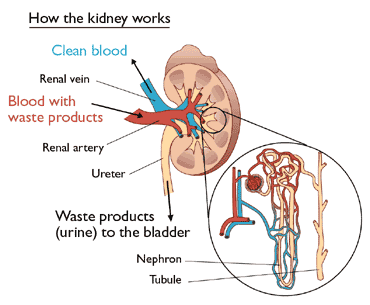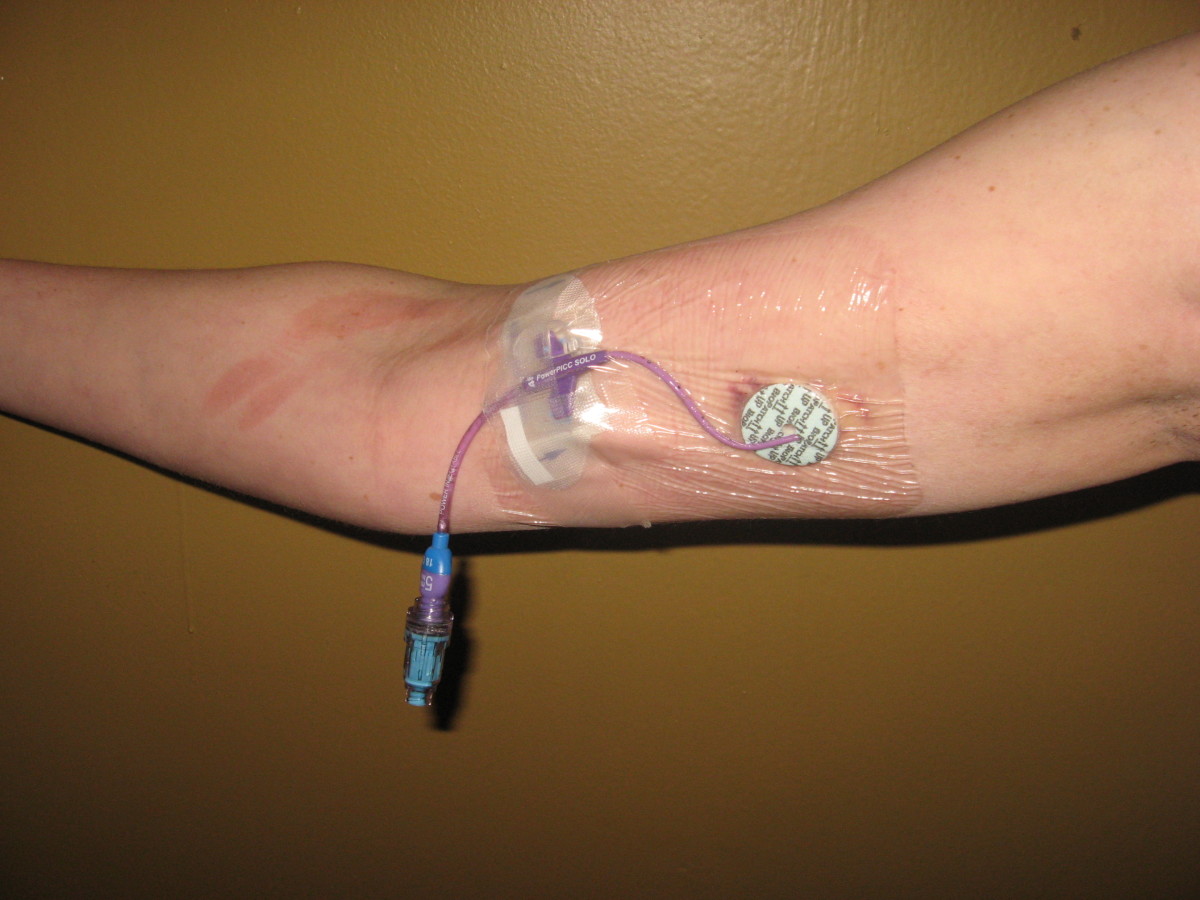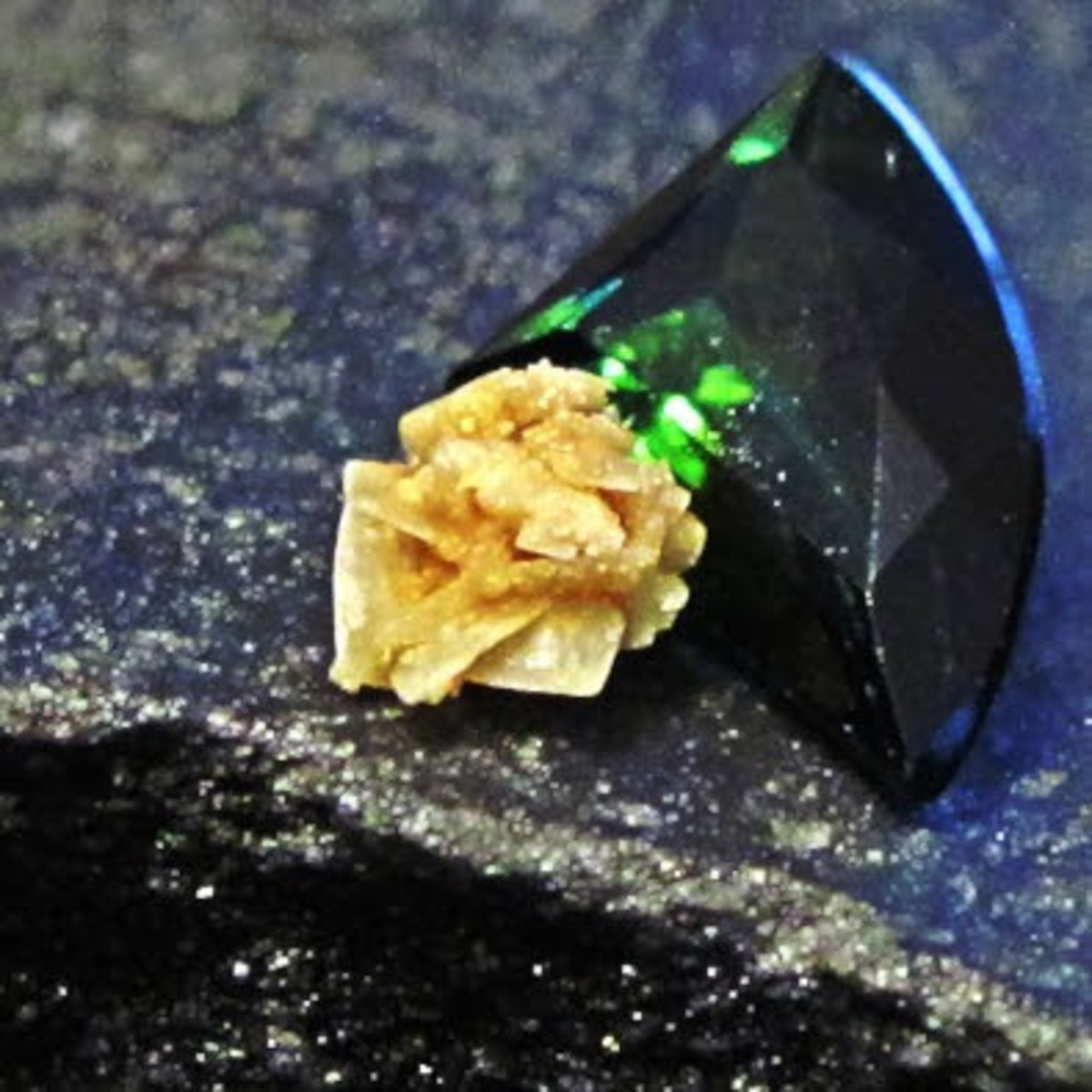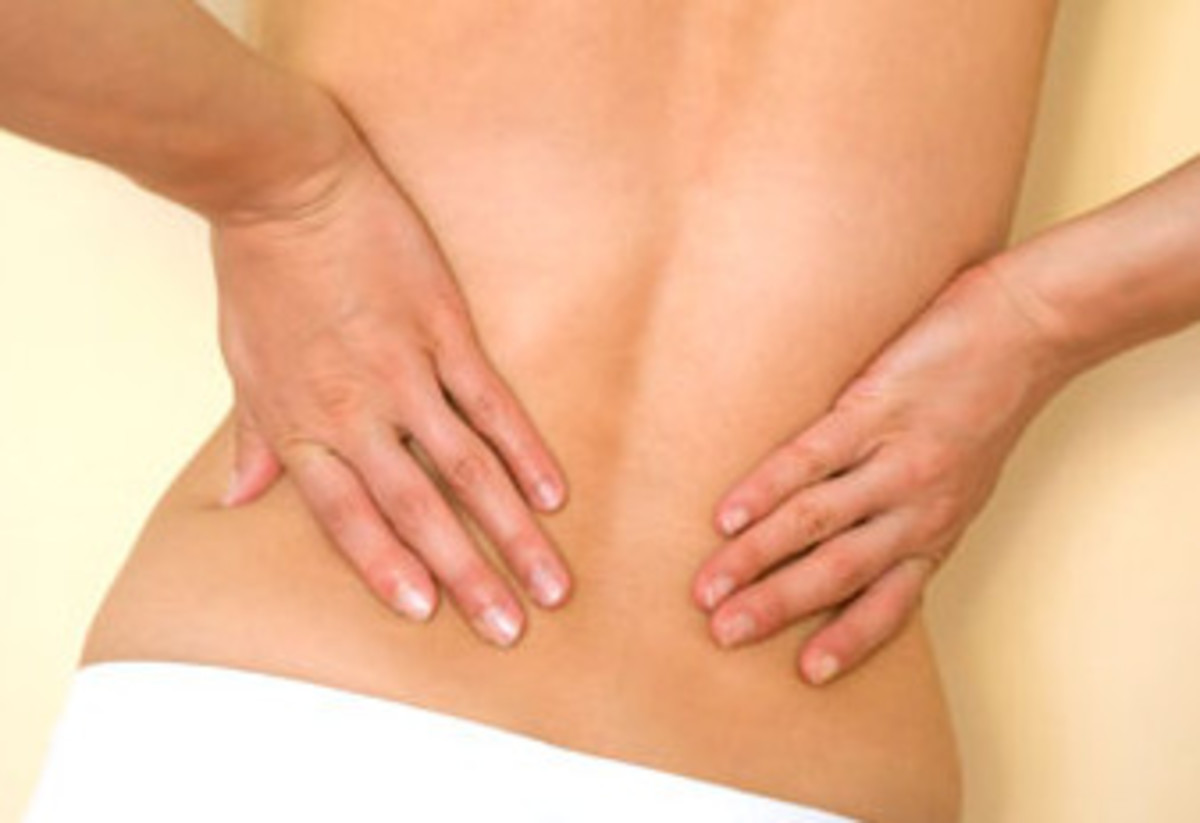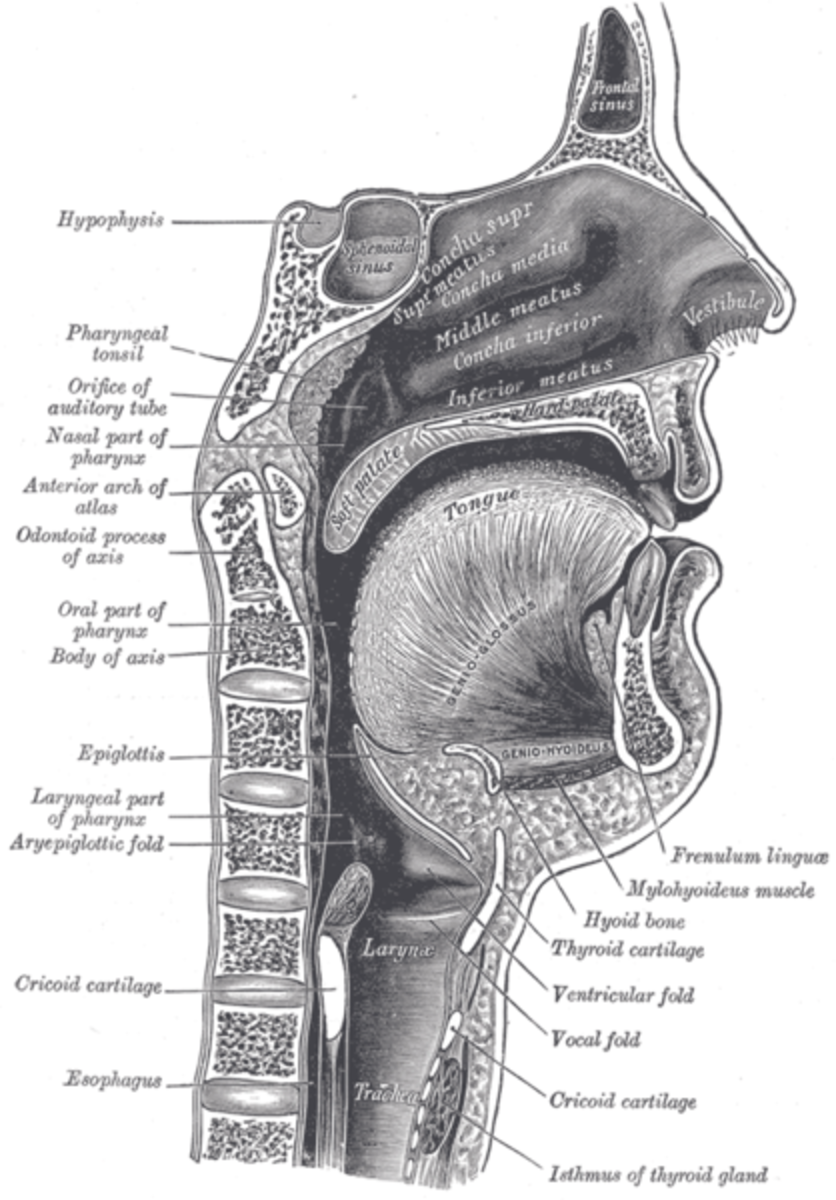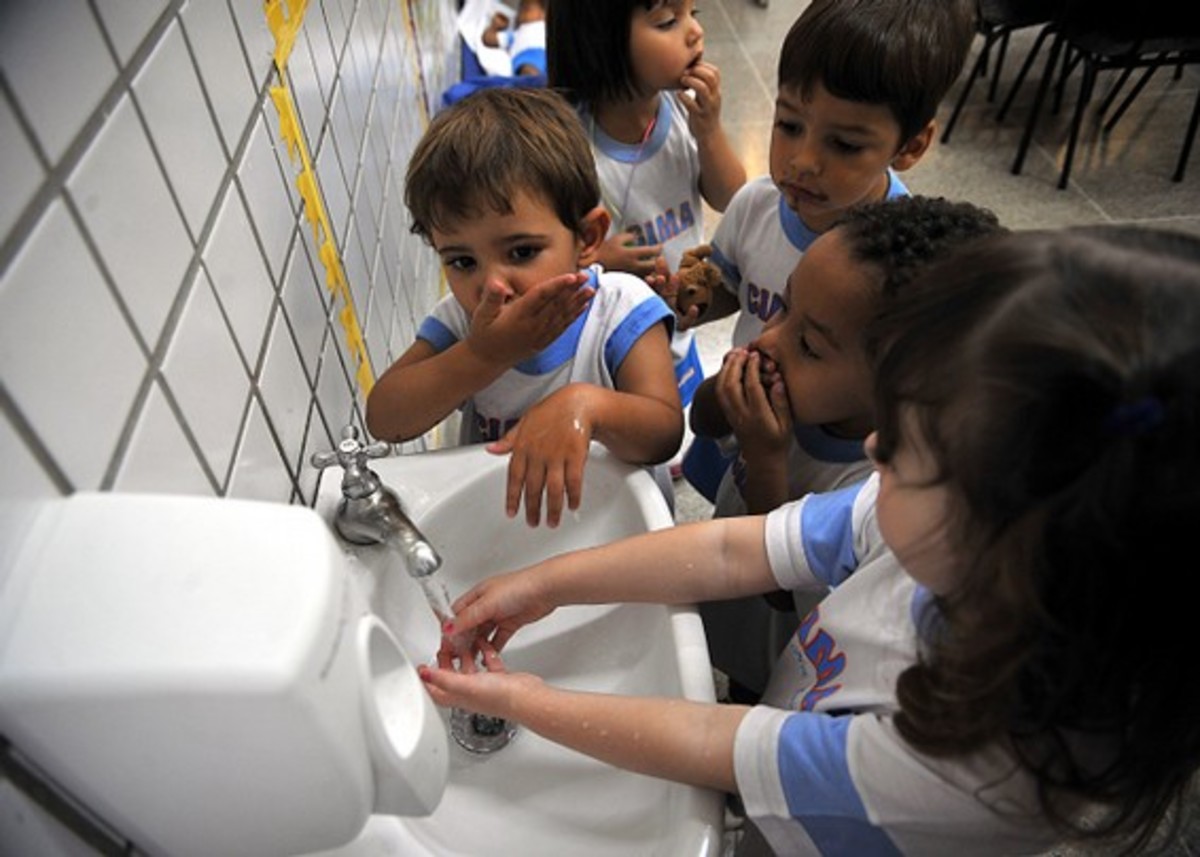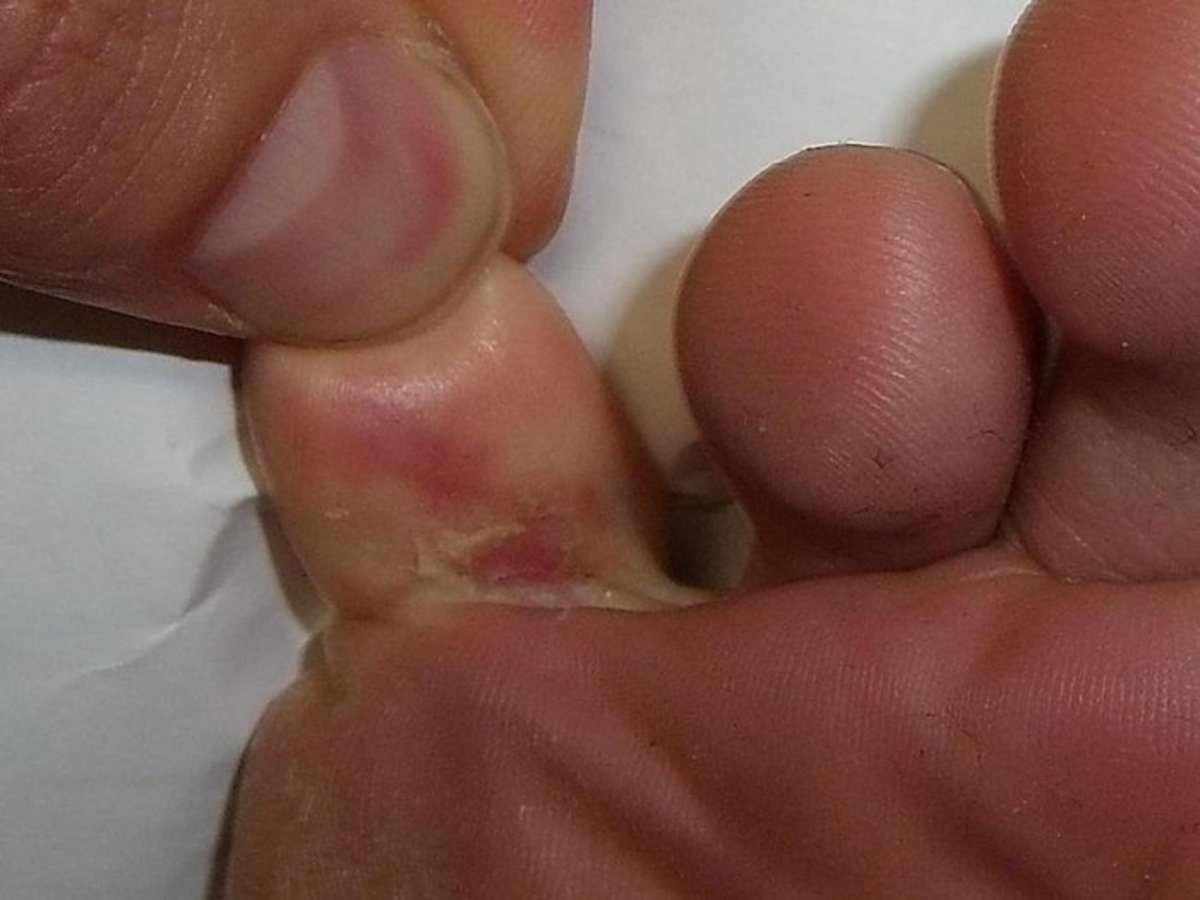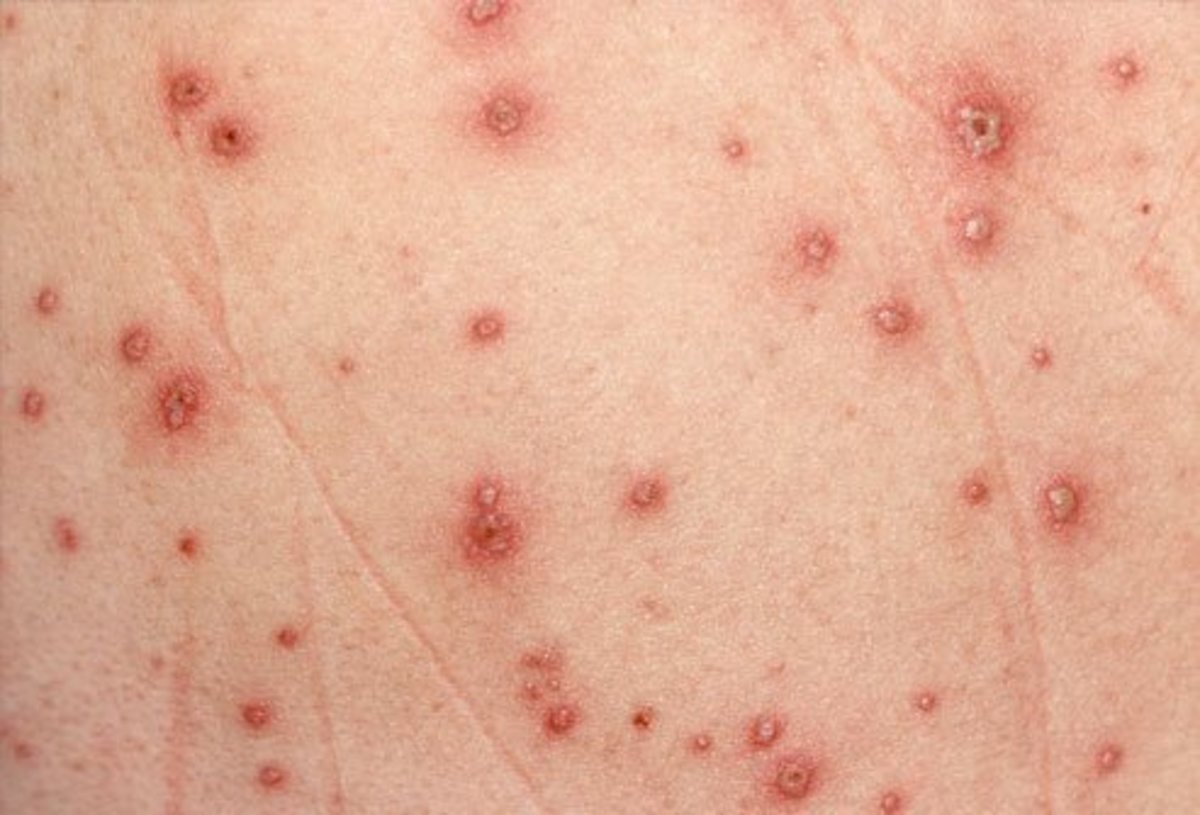Your Kidneys and How You Can Keep them Healthy
Your Kidneys and How You Can Keep them Healthy
“A further sign of health is that we don't become undone by fear and trembling, but we take it as a message that it's time to stop struggling and look directly at what's threatening us. ” - Pema Chodron, The Places that Scare You
THE KIDNEYS
The pair of organs that eliminate wastes from the body as urine are known as kidneys. The human kidneys are located at the back wall of the abdominal cavity, on either side of the spine below the diaphragm. Each brownish kidney is about 4.5 inches (11 centimeters) long, 2-3 inches (5-7.5) wide, and merely 1 inch (2.5cm) thick. Surrounding each kidney are two protective layers of tissue: a thin, tough, inner layer of connective tissue, and a thicker outer layer of fat. The kidneys produce urine continuously. Depending on the person’s diet, they produce from 20-48 ounces (0.6-1.4 l) of urine everyday. From each kidney, the urine travels through a tube, the ureter, to the urinary bladder, where it is stored. When the bladder is full, the urine is eliminated through the urethra. The tissue portion of the kidney consists of two principal layers: an outer layer is called the cortex and an inner layer called medulla. The tissue of the cortex and most of the medulla is composed of subunits called nephrons. They are grouped into about 10 large, compact, cone-shaped clusters sharing common blood supply and urine channels, the pyramids. The urinary outlets from each pyramid discharge from the cone-shaped tip or papilla, on the medullar surface opposite the cortex. The papilla protrudes into a sac, the renal pelvis, which is located at the edge of the kidney facing the spine and an expansion of the upper end of the ureter.
How to keep your kidneys healthy
- Drink 8 –10 glasses of water everyday.
- Avoid excessive intake of protein and calcium rich foods.
- Have your blood pressure check regularly.
- Exercise daily.
- Have a urinalysis 2 - 3 times a year.
- Avoid exposure to various chemicals such as insecticides, poisons and solvents. These can harm and injure kidney cells.
- Be aware that primarily the kidneys excrete almost all drugs and that prolonged use of certain drugs can be harmful to the kidneys.
- Pay attention to draining wounds and burns. It may lead to a generalized toxic reaction sepsis.
- Avoid and treat immediately infections such as sore throat, tonsillitis, pharyngitis, rheumatic fever and hemorrhagic fever, which may produce progressive renal damage.
- Take special precaution to insure that you receive the right blood during transfusions to avoid transfusion reactions, which may precipitate renal complications.
- In cases of emergencies and accidents, seek immediate medical care to prevent and treat shock.
- Don’t ignore the urge to urinate.
Kidneys
Click thumbnail to view full-size
Functions of the Human Kidneys
FUNCTIONS OF THE HUMAN KIDNEY
The major function of the kidney is the formation of urine. Urine formation serves the following principal functions:
- It eliminates waste product of body metabolism together with many drugs.
- It regulates the plasma’s content of sodium chloride, potassium, calcium, magnesium and phosphate ions;
- It regulates the body’s base balance;
- It regulates the volume of blood plasma and tissue fluids by controlling secretion of water.The kidney also plays important roles in other body activities. It influences the formation of red blood cells, stimulates the formation of some steroids, helps control blood pressure, controls bone growth by converting vitamin D into biologically active forms, and affects many of the substances involved in metabolism.

